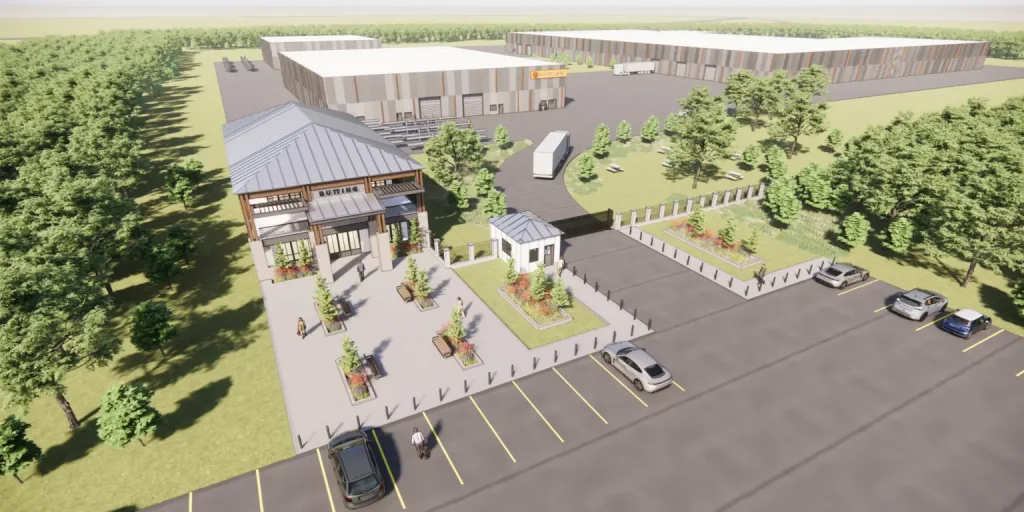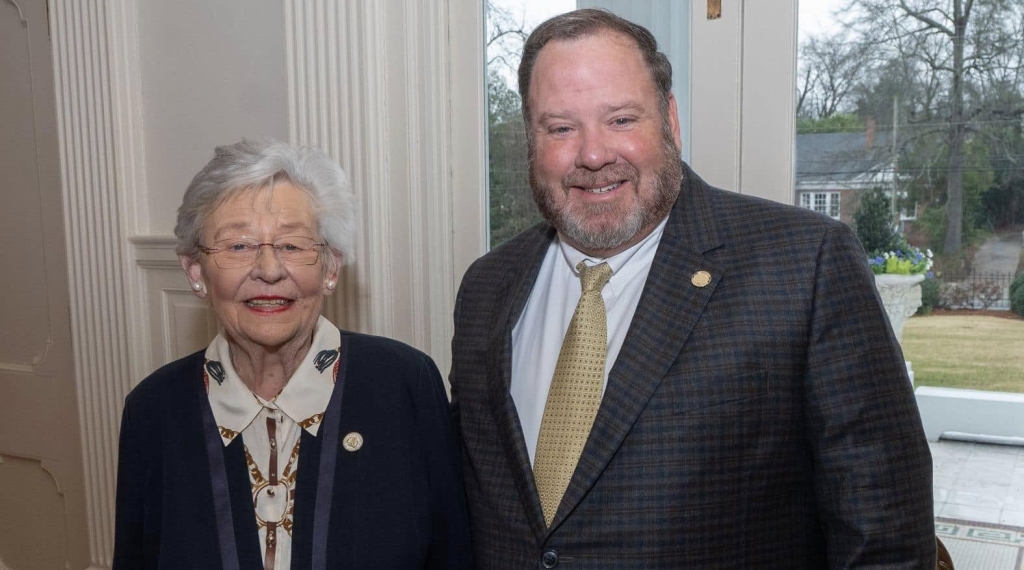There is a rural health care crisis in America, and certainly in Alabama. As president of the Alabama Board of Dental Examiners, I am painfully aware that our rural communities are underserved.
“My practice can’t survive here.”
That’s a popular refrain I’ve heard too many times to count from dentists that want to serve rural and underserved areas. They can’t make it work financially. Whether small volume of patients, inadequate insurance reimbursement rates, or the crush of student loan debt, the result is the same. Dentists invariably gravitate to larger population centers, leaving people in smaller towns and rural communities with limited access and/or long drives to dental care.
In-state tuition and fees at the University of Alabama School of Dentistry average approximately $40,000 per year. That’s not including room and board. For many, that obligation leads to student loans. The national student loan crisis is known to all, as well. With that debt hanging over the heads of newly minted dentists, again, it is unsurprising that they avoid underserved areas so that they can generate enough business to repay their loans.
The best strategy moving forward is to incentivize dentists to establish practices in underserved areas. This can be best accomplished with scholarship programs with service requirements in rural areas. The state currently has a dental scholarship program, but it has no requirement for service affiliated with the scholarships. The program has a loan feature within it as well. In fiscal year 2020, the Alabama legislature appropriated $231,000 for the program. I’m grateful, but that does not fully address the problem – especially when there is no rural/underserved requirement in place.
To make a dent, we need a multi-faceted approach – revamping the program to create a scholarship program for future dentists that will have service requirements in rural/underserved areas, increased funding for the program, and other incentives to help bring dentists to rural Alabama. Other incentives? State income tax credits are one way to achieve that – and may even help recruit more experienced dentists to areas of greater need.
Clearly, the federal government needs to take a leadership role in this, but we can take first steps at home. I am encouraged that Gov. Kay Ivey is making rural health care a priority this term. Her leadership is crucial to help bring to fruition strategies that will increase access to care and improve citizens’ lives.
But she cannot do it alone. It will take those of us in the dental professional, legislators, community leaders, the state’s dental school at UAB and other health care professionals to work through the issues to ensure access to care from a dentist all throughout our state.
It is worth the effort.
Dr. Thomas G. Walker is president of the Board of Dental Examiners of Alabama.













